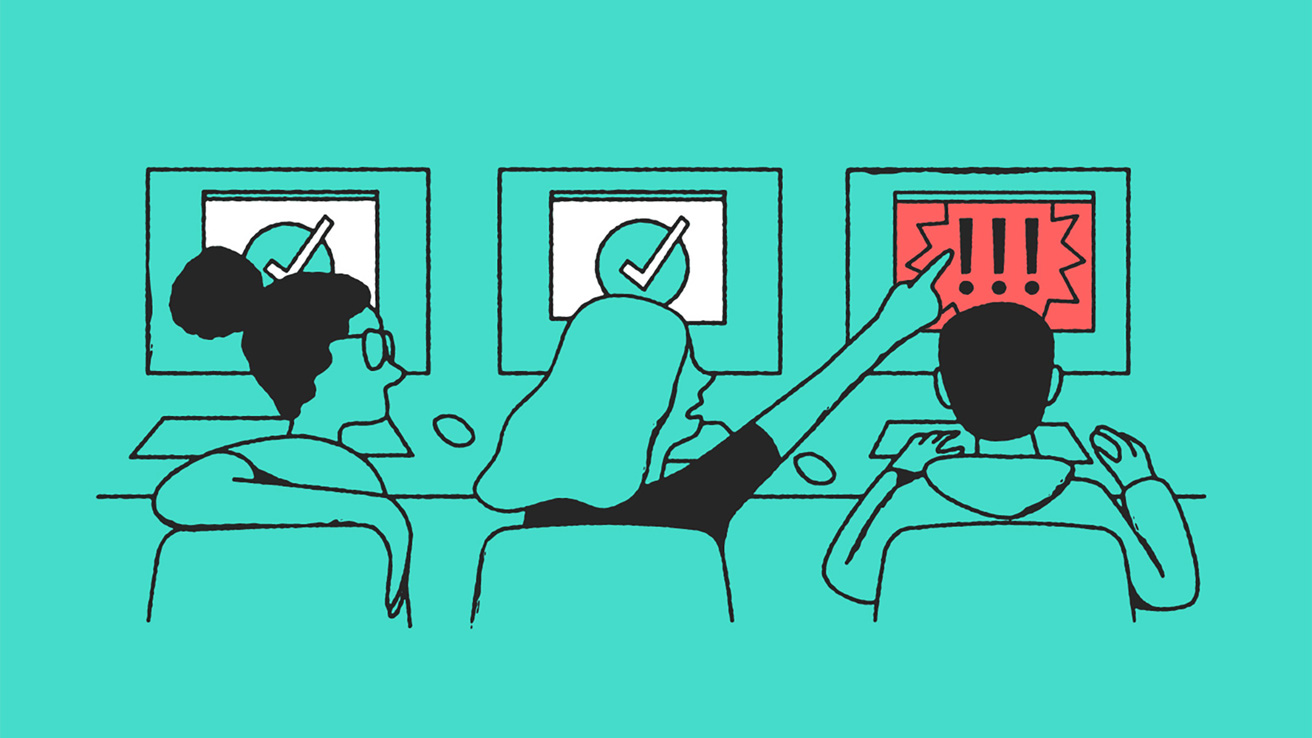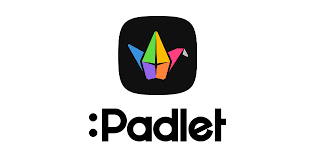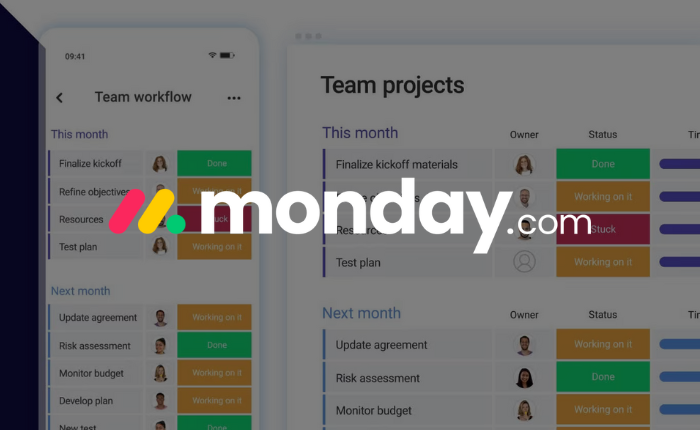In an age where information is at our fingertips, media literacy and fact-checking have become essential skills. These competencies enable individuals to navigate the complex media landscape, discern credible sources from dubious ones, and make informed decisions. This is particularly crucial during election periods when misinformation can skew perceptions and influence voter behaviour.
Understanding Media Literacy
Media literacy is the ability to access, analyse, evaluate, and create media in various forms. It empowers individuals to understand the role of media in society, recognise bias and propaganda, and appreciate the significance of diverse perspectives. Media-literate individuals are better equipped to interpret the information presented to them critically, rather than accepting it at face value.
The Role of Fact-Checking
Fact-checking is a critical component of media literacy. It involves verifying the accuracy of information before accepting it as true or sharing it with others. This process includes:
1. Cross-Referencing Sources: Compare the information across multiple reputable sources. Established news organisations, academic publications, and official reports are generally more reliable.
2. Checking Author Credentials: Investigate the background of the author or the organization publishing the information. Experts and reputable institutions are more likely to provide accurate information.
3. Examining the Evidence: Look for data, statistics, and references that support the claims made. Well-supported information is more trustworthy than assertions without evidence.
4. Identifying Bias: Recognise the potential biases of the source. All media have some level of bias, but understanding this can help in critically assessing the information.
5. Using Fact-Checking Websites
Importance During Elections
Elections are a time when the dissemination of accurate information is paramount. Misinformation and disinformation can have significant consequences, from influencing voter turnout to swaying public opinion on crucial issues. The rapid spread of false information through social media and other platforms can undermine democratic processes and erode trust in institutions.
Reasons Why Media Literacy and Fact-Checking are Crucial During Elections:
1. Informed Voting: Voters need accurate information about candidates, policies, and electoral processes to make informed choices. Misleading information can lead to uninformed or misguided voting decisions.
2. Countering Misinformation: During elections, there is often a surge in false information designed to manipulate voters. Media literacy and fact-checking can help counteract this by ensuring voters receive truthful information.
3. Enhancing Democratic Participation: An informed electorate is more likely to participate actively in democratic processes. Understanding the media landscape encourages citizens to engage in discussions and debates, strengthening democracy.
4. Building Trust: Fact-checking and media literacy foster a culture of accountability and transparency. When voters see that information is being critically evaluated, it can build trust in the media and political systems.
In conclusion, media literacy and fact-checking are vital for maintaining the integrity of democratic processes, especially during elections. By equipping individuals with the tools to critically assess information, we can promote informed citizenship and ensure that democracy functions effectively.





